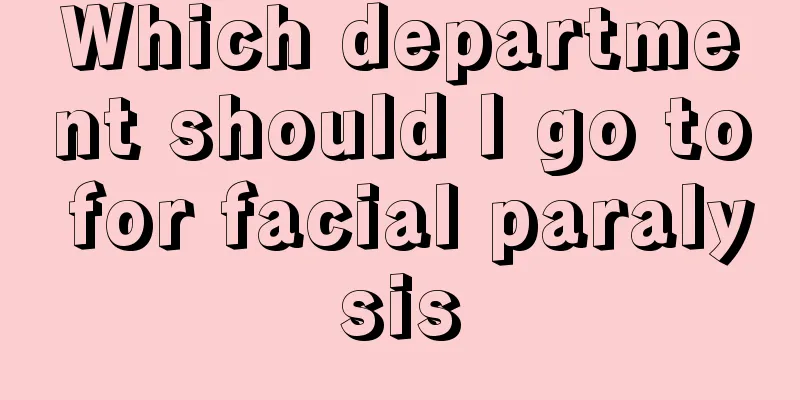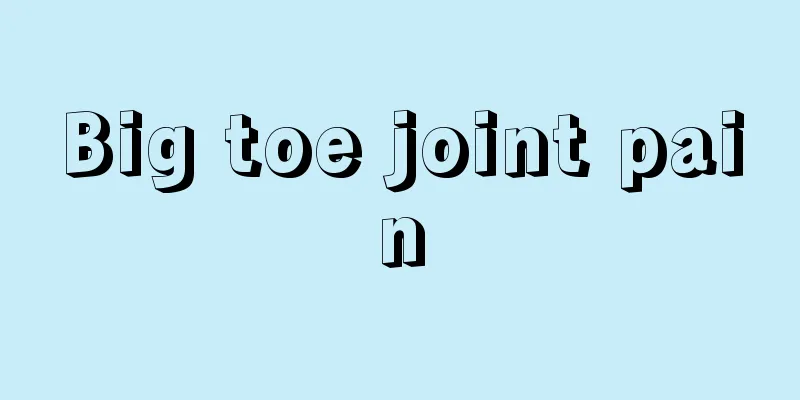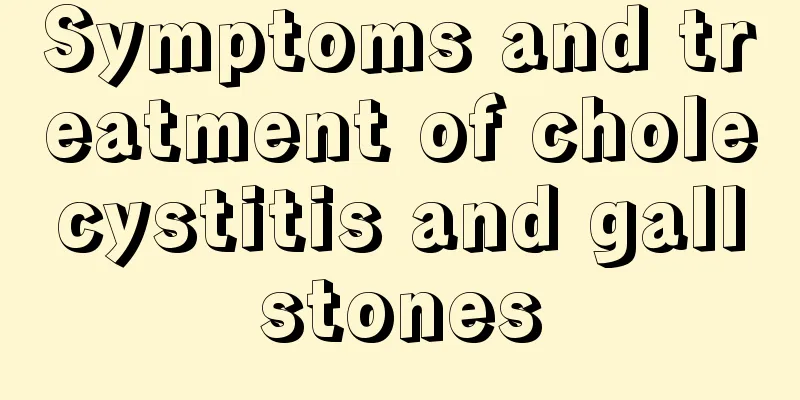Which department should I go to for facial paralysis

|
After facial paralysis occurs, patients should see the corresponding department according to their physical condition, so that they can recover faster. When facial paralysis occurs, everyone should receive treatment as soon as possible, and you must know that only after finding the correct department, the treatment and recovery will be faster after examination. Disease diagnosis Static inspection Stylomastoid : Check for pain in the stylomastoid process or in the temporal or facial area on one side. Forehead : Check whether the forehead skin wrinkles are the same, lighter or disappeared, and whether the outer sides of the eyebrows are symmetrical and drooping. Eyes : Check the size of the palpebral fissure, whether the two sides are symmetrical, smaller or larger, whether the upper eyelid is drooping, whether the lower eyelid is everted, whether the eyelid is twitching or swollen, whether the conjunctiva is congested or ulcerated, and whether there are symptoms of tearing, dryness, soreness, or swelling. Ear : Check for tinnitus, stuffy ears, and hearing loss. Cheeks : Check to see if the nasolabial folds become shallower, disappear, or deepen. Whether the cheeks are symmetrical, flat, thickened or twitchy. Does your face feel tight, stiff, numb or shrunken? Mouth : Check whether the corners of the mouth are symmetrical, drooping, upturned or twitching; whether the lips are swollen, and whether the philtrum is skewed. Tongue : Check for taste involvement. Motor examination Eyebrow lift exercise : Check the motor function of the frontal belly of the fronto-occipital muscle. Severely ill patients have a flat forehead, wrinkles generally disappear or become significantly lighter, and the outer sides of the eyebrows droop noticeably. Frowning : Check whether the corrugator muscles can move and whether the movement range of both eyebrows is consistent. Closing eyes : When closing your eyes, you should pay attention to whether the corner of the mouth on the affected side moves, whether the affected side can be closed tightly, and the degree of closure. Lifting the nose : Observe whether there are wrinkles on the nasalis depressor muscles and whether the movement range of the upper lips on both sides is the same. Show teeth : Pay attention to the range of movement of the corners of the mouth, whether the mouth cleft is deformed, and the number and height of the exposed upper and lower teeth. Pursing the lips : Pay attention to whether the distance from the corners of the mouth to the philtrum is the same, and whether the shape of the pursed lips is symmetrical. Cheek puffing : mainly checks the motor function of the orbicularis oris muscle. |
<<: What ointment should I use for black corners of mouth
>>: My right cheek hurts when I open my mouth
Recommend
The effect of magnetism on the human body
Every substance has its function, and many substa...
What is the function of the right temporal lobe?
There are many diseases in the right temporal lob...
What is a healthy diet during nasopharyngeal carcinoma treatment?
In recent years, nasopharyngeal carcinoma has bec...
What should lung cancer patients eat?
The dietary taboos for lung cancer patients shoul...
How to whiten tanned skin in summer?
The skin is easily tanned in the summer, so for t...
Infant diaper pad
What are the benefits of infant diaper pads: Diap...
Can applying honey lighten moles?
Moles are common on people's bodies, mainly c...
Experts recommend which regular hospital to go to for fibroids
Which regular hospital do experts recommend for f...
Do you know the complete list of Feng Shui taboos for decorating a new house?
Chinese people believe in the theory of Feng Shui...
What are the symptoms of prostate cancer?
Among various malignant tumors, everyone must hav...
How to treat tinnitus? These methods work best!
Tinnitus has a huge impact on life. Once discover...
Osteosarcoma survival time
Osteosarcoma is the most common type of bone tumo...
What is the most effective way to remove sweat stains from clothes?
The human body sweats easily, and once the sweat ...
Adjustment of sleeping position for high and low eyebrows
We all know that the facial features of the human...
What are the correct treatments for skin cancer?
Skin cancer is a malignant tumor disease that is ...









